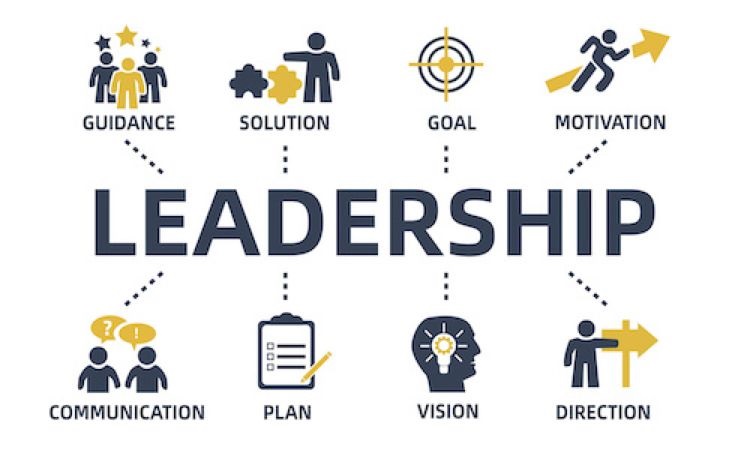Leadership is a crucial element in any organization’s success. Effective leaders have the ability to inspire and motivate their teams, drive innovation, and achieve outstanding results. However, not everyone is born a leader. Leadership potential needs to be nurtured and developed through a combination of innate qualities and learned skills. In this article, we will explore the importance of unlocking the power within individuals and cultivating the necessary skills to become effective leaders.
Unlocking the Power Within: Unleashing Leadership Potential
Everyone has the potential to be a leader, but it often remains untapped and hidden. Unlocking the power within individuals to become effective leaders requires a deep understanding of their strengths, weaknesses, and passions. It starts by recognizing their unique qualities and providing them with the opportunities to develop and grow.
Leadership potential can be unleashed through various means. For instance, mentorship programs, where experienced leaders guide and support aspiring individuals. Mentorship programs can help to unlock hidden talents and provide valuable insights. Organizations can offer leadership development programs and workshops that focus on developing important leadership skills such as communication, decision-making, and emotional intelligence. By investing in these initiatives, organizations can create a culture that encourages leadership growth and empowers individuals to reach their full potential.
Cultivating Skills for Lasting Impact: Nurturing Effective Leadership
Cultivating skills for effective leadership is a continuous process that requires consistent effort and dedication. It involves developing a range of competencies, including the ability to communicate effectively, make informed decisions, and inspire others.
Effective communication is a fundamental skill for any leader. It involves the ability to articulate ideas clearly, listen actively, and adapt communication style to different individuals and situations. By honing their communication skills, leaders can effectively convey their vision, build strong relationships, and foster collaboration within their teams.
Furthermore, decision-making is a critical skill that leaders must possess. Effective leaders are able to gather relevant information, analyze different options, and make informed decisions that benefit the organization and its stakeholders. This skill is particularly important in complex and rapidly changing environments, where leaders must navigate uncertainty and ambiguity.
Finally, inspiring and motivating others is a skill that distinguishes exceptional leaders. By fostering a positive and inclusive work environment, leaders can create a sense of purpose and passion among their team members. They can encourage innovation, provide support and guidance, and recognize and celebrate achievements. This not only boosts morale and productivity but also fosters loyalty and long-term commitment.
Unleashing leadership potential and nurturing effective leadership skills is a vital investment for any organization. By recognizing and developing the unique qualities of individuals, organizations can foster a strong pipeline of leaders who can drive innovation, inspire teams, and achieve outstanding results. Through mentorship programs, leadership development initiatives, and a focus on key skills such as communication, decision-making, and inspiration, organizations can create a culture that values and supports leadership growth. By doing so, they will be better equipped to face the challenges of the future and thrive in today’s competitive landscape.

